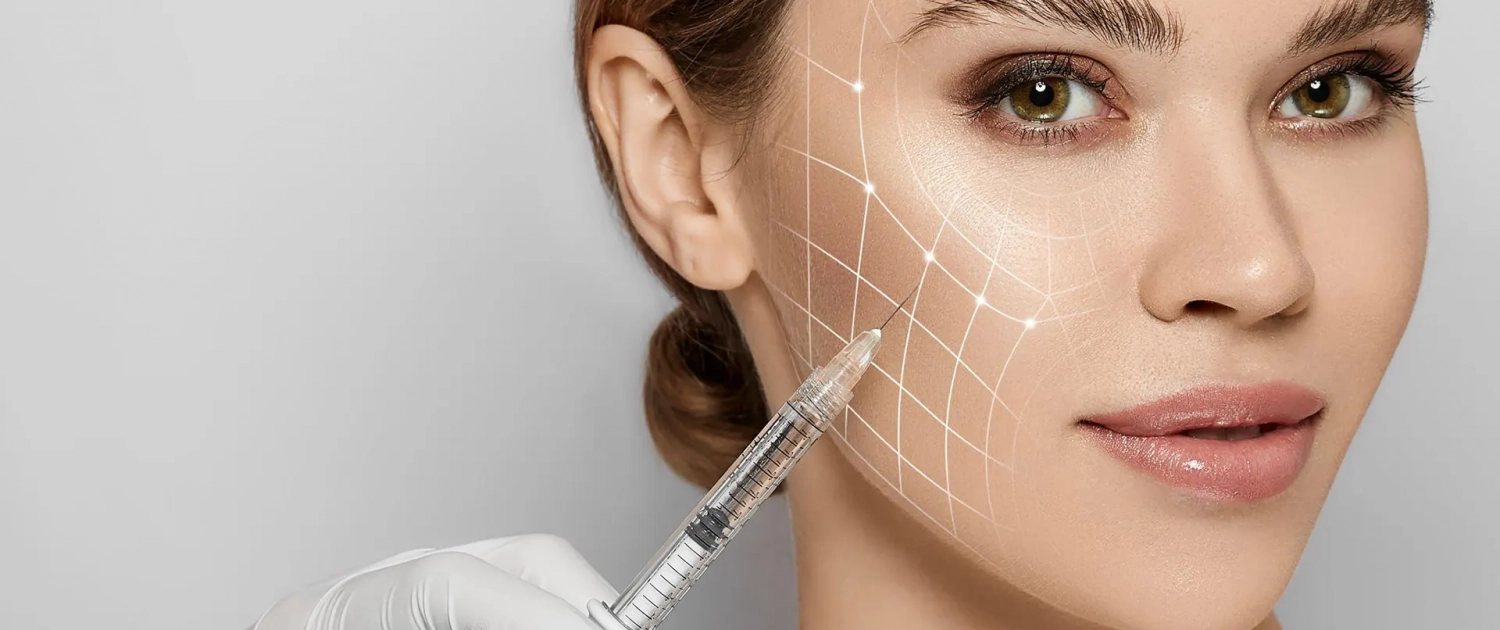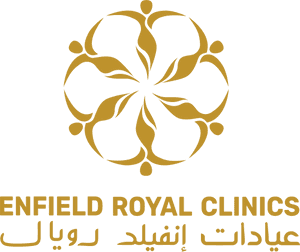Introduction
Cheek augmentation is a famous cosmetic system aimed at enhancing facial contours and growing a more younger appearance. This procedure involves including extent to the cheeks the use of implants, fillers, or fats grafting strategies. The relevance and importance of Cheek Augmentation in Dubai have grown notably in latest years as extra individuals are searching for minimally invasive techniques to enhance their facial aesthetics.
Types and Categories
Surgical Cheek Augmentation
Cheek Implants: Solid silicone or different biocompatible substances inserted thru small incisions.
Fat Grafting: Transferring fat from another part of the frame to the cheeks.
Non-Surgical Cheek Augmentation
Dermal Fillers: Hyaluronic acid-based totally fillers like Juvederm and Restylane.
Sculptra: Poly-L-lactic acid that stimulates collagen production.
Radiesse: Calcium hydroxylapatite-primarily based filler presenting shape and lift.
Temporary vs. Permanent Solutions
Temporary: Dermal fillers lasting 6-24 months.
Permanent: Implants and fats grafting providing lengthy-lasting effects.
Symptoms and Signs
Indications for Cheek Augmentation
Loss of Volume: Age-related lower in cheek fullness.
Facial Asymmetry: Uneven cheek contours due to genetics or damage.
Desire for Enhanced Definition: Individuals looking for sharper cheekbone augmentation.

Benefits Observed Post-Procedure
Improved Facial Harmony: Balanced facial proportions.
Youthful Appearance: Restoration of volume lost with age.
Boosted Self-Confidence: Enhanced self-image and self belief.
Causes and Risk Factors
Causes for Volume Loss in Cheeks
Aging: Natural discount in collagen and fat.
Genetics: Inherited facial shape.
Weight Loss: Significant weight loss reducing facial fat.
Risk Factors for Complications
Medical Conditions: Autoimmune sicknesses, hypersensitive reactions.
Previous Surgeries: Scar tissue affecting new techniques.
Lifestyle Factors: Smoking, terrible weight loss plan affecting skin health.
Diagnosis and Tests
Pre-Procedure Evaluations
Consultation with a Specialist: Discussing goals and medical history.
Physical Examination: Assessing facial structure and skin fine.
Imaging and Measurements
3D Imaging: Visualizing capacity outcomes.
Facial Measurements: Ensuring symmetry and proportion.
Treatment Options
Surgical Methods
Cheek Implants: Procedure information, recuperation, and effects.
Fat Grafting: Techniques, blessings, and capability risks.
Non-Surgical Methods
Dermal Fillers: Types, process steps, and toughness.
Collagen-Stimulating Fillers: Sculptra, Radiesse blessings, and mechanisms.
Combination Treatments
Hybrid Approaches: Combining fillers and implants for most appropriate results.
Maintenance Treatments: Regular contact-united states of americafor non-permanent solutions.
Preventive Measures
Maintaining Facial Volume
Healthy Diet: Nutrients supporting pores and skin health.
Hydration: Importance of water for skin elasticity.
Skin Care Regimen
Anti-Aging Products: Retinoids, peptides, and antioxidants.
Sun Protection: Daily use of SPF to save you collagen breakdown.
Personal Stories or Case Studies
Real-Life Transformations
Success Stories: Individuals sharing their positive stories.
Challenges Overcome: Addressing issues and attaining desired outcomes.
Expert Insights
Quotes from Medical Professionals
Surgeons' Perspectives: On the modern-day strategies and protection measures.
Dermatologists' Advice: On non-surgical options and skin care.
Conclusion
Cheek augmentation gives a ramification of strategies to enhance facial contours and gain a youthful appearance. Whether choosing surgical or non-surgical methods, understanding the alternatives, benefits, and capability dangers is vital. Consultation with a qualified professional guarantees the great results tailor-made to man or woman desires.
